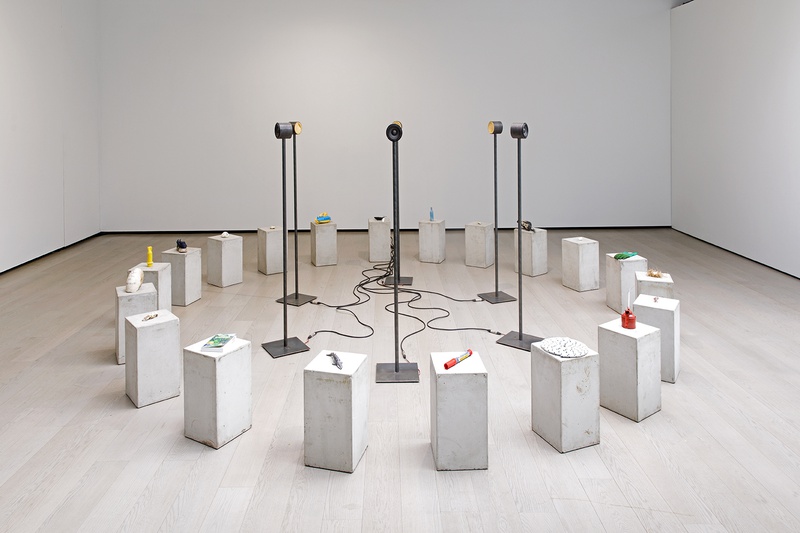The sea, and all life in the sea, belongs to itself. It was on this principle that De Ambassade van de Noordzee (Embassy of the North Sea) was established. It gives things, plants, animals and people in and around the North Sea a voice. De Ambassade serves as a public space where different ways thinking and professional practices meet, and where personal experiences and fascinations about the relationship between man, non-humans, land and sea come together. The methods used by the Embassy of the North Sea are based on the work of both Bruno Latour and Anna Tsing. Both advocate a world view in which we see everything in the living world as mutually connected. According to Tsing, listening in the field is the most important method of tracing relationships between people and non-humans, and understanding how our world functions.
Starting in 2020, and inspired by the idea of ‘listening’, the Ambassade is conducting interdisciplinary research into three urgent North Sea cases: Which encounters between people and non-humans play an important role where North Sea issues are concerned? And can we imagine other ways of living together? Listening to North Sea communities and storytelling are the most important research methods used. A research team comprising three people is actively involved with each case: an artist, a scientist and a storyteller. The Embassy’s current phase involves 'Listening', the opposite of man’s usual mode of communication. The following phases will be ‘Speaking’ (2021-26) and ‘Negotiating’ (2026-30). This is in line with their interdisciplinary approach, the aim being that the Netherlands will be able to regard the sea as a political participant in 2030.

